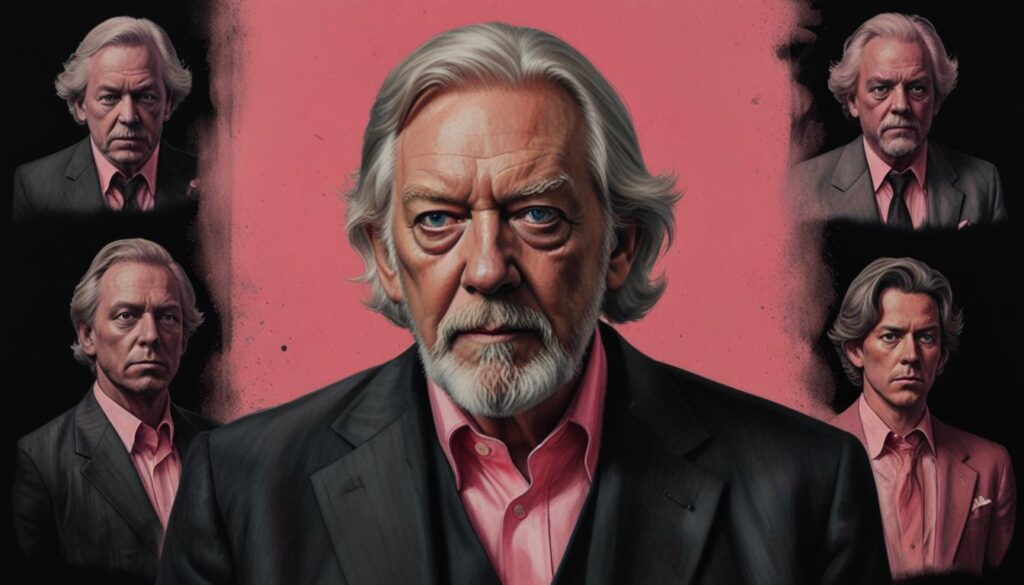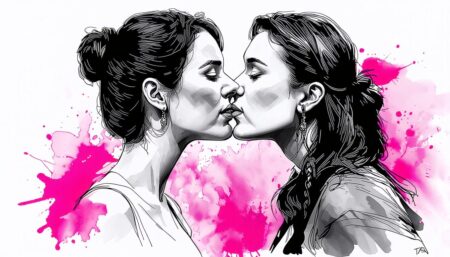Acclaimed actor Donald Sutherland, known for his unconventional looks and offbeat character roles, passed away at 88, leaving behind a remarkable legacy in Hollywood. From breakout roles in war films to iconic characters in countercultural classics, Sutherland’s versatile career spanned over six decades, capturing audiences with his memorable performances and political activism.
Donald Sutherland, an acclaimed actor, died on June 20 at the age of 88. Known for his unconventional looks and offbeat character roles, Sutherland’s career spanned over six decades, leaving a significant mark on Hollywood.
Sutherland’s breakout role came in “The Dirty Dozen” (1967), where he portrayed a convicted sociopath on a suicide mission during World War II. This was followed by memorable performances in other war films such as “Kelly’s Heroes” (1970) and “The Eagle Has Landed” (1976).
In “MAS*H” (1970), Sutherland played Captain Benjamin Franklin “Hawkeye” Pierce, a character that helped establish the anti-military sentiment prevalent in countercultural movies of the era. His role in “Klute” (1971) as private detective John Klute furthered his reputation, as the film delved into themes of paranoia and government mistrust during the Nixon administration.
His personal life intersected with his professional one on the set of “Klute,” where he began an affair with co-star Jane Fonda, making them a prominent leftwing couple of the time. Sutherland’s political activism even landed him on the National Security Agency’s “watchlist” from 1971 to 1973.
Throughout his career, Sutherland appeared in a variety of films that underlined his versatility. In “National Lampoon’s Animal House” (1978), he played a cynical academic, while his chilling role in “Invasion of the Body Snatchers” (1978) remains unforgettable. His cameo in “JFK” (1991) as an anonymous government informant delivered a crucial and lengthy monologue suggesting a conspiracy behind President Kennedy’s assassination.
In his later years, between 2012 and 2015, Sutherland played the antagonist President Coriolanus Snow in “The Hunger Games” series. His role echoed his own political beliefs, as he saw the films as an opportunity to inspire political activism among younger audiences.
One of his standout roles was in “Don’t Look Now” (1973), a psychological horror film that highlighted his ability to convey deep emotional trauma and added to his legacy of diverse and memorable performances.




















